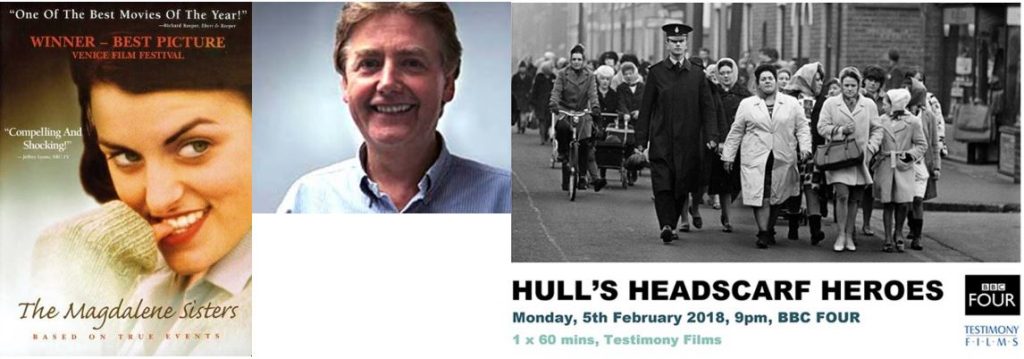In this Lug post, Ally Keane writes about her new doctoral research that is funded through the Northern Bridge doctoral training partnership. Ally will be using oral history to work with users of augmentative voice technologies and their families.
Continue readingTag Archives: interviewing
“Older people are more concerned with environmental change…”: Living Deltas Hub
In this Lug piece, Siobhan Warrington (NUOHUC) and her colleagues Hue Nguyen (An Giang University) and Laura Beckwith (Northumbria University) provide an update on the participatory oral history, mapping and photography work with two rural communities in the Mekong Delta as part of the Living Deltas Hub. Siobhan, Laura and Hue are working with a student-staff research team at An Giang University: Mai Thị Minh Thuy and Nguyễn Xuân Lan (research coordinators); and Hoang Uyen Cao, Huynh Linh, Lam Duy and Phan Cuong (student researchers). This is a follow-up to the post which introduced this project.
Note: Due to increasing Covid-19 infection rates in Vietnam, it has not been possible for the team to visit the communities since early July; this post is based on their visits between May and July 2021.
Continue readingSilence and remote interviewing: methodological reflections
Over the last several months, oral historians have been acclimatising to remote interviewing in response to the Covid-19 pandemic. This shift for many (but not all) has led to a range of new methodological questions. In this Lug piece, Andy Clark reflects on the different nature of silence in remote interactions as compared with in-person encounters. Drawing on experience of both personal and professional remote conversations, he asks whether the changing dynamic of silence could have an impacts on the nature of the materials that we collect during the pandemic. Please feel free to join in the discussion using the comments section below.
Continue readingIn-person interviewing in the era of Covid-19
With Government guidelines changing, indoor gatherings and meetings are now possible, meaning that oral historians are once again able to conduct face-to-face interviews. However, the interview situation in August 2020 is vastly different from any time before. What impact does this have on the interview as an event, and what steps should oral historians take to ensure the safety and wellbeing of everyone invovled? In this Lug post, Andy Clark discusses his approach and experience to conducting in-person interviewing in the ‘Covid-19 era’.
Continue readingPodcast Episode: Steve Humphries and his 20 rules for intimate interviewing

Centre – Steve Humphries
Right – ‘Hull’s Headscarf Heroes’ by Testimony Films, 2018.
Foodbank Histories: Placement Reflection by Jack Hepworth
Foodbank Histories is a collaborative project between Newcastle West End Foodbank, Northern Cultural Projects, and Newcastle University Oral History Unit & Collective. The project began in 2018, recording approximately 30 short oral history interviews with foodbank clients, volunteers, and supporters. Over the past five weeks, PhD candidate Jack Hepworth has completed a short-term placement on Foodbank Histories, funded by the Newcastle University Social Justice Fund. Here he reflects on his experience.
Oral History in 2018: What did we learn?
The Newcastle Oral History Unit and Collective is celebrating its first full year of operation with our Annual Public Lecture in March. As with any new venture, it has been a year of learning, and an important part of that has been figuring out where we fit into the world of oral history. To help us with that, we made sure at least one member attended each of the four large oral history conferences held in Europe and North America in 2018*, to get a sense of the ‘state of the field’ that we are a part of. So, what have we learned?
Report: Oral History and Creative Practice, ‘Show and Tell’
The interaction between oral history and creative practice has been a key topic of conversation at the Oral History Collective. In this post, Bruce Davenport reflects on the conversations emerging from our recent Show and Tell workshop.
‘Interviewing, but not as we know it’: Oral History and Broadcasting
How can oral historians interact with other forms of interviewing, voice recordings and publication of oral sources? In this Lug post, Andy Clark discusses his experiences of interviewing and producing features for BBC Radio Scotland. He considers the differences between this style and his oral history work, and the ways in which oral history training can be advantageous when undertaking broadcasting work.
